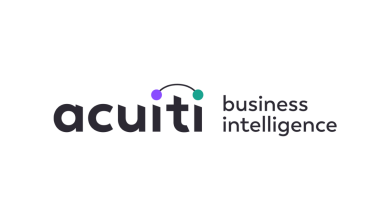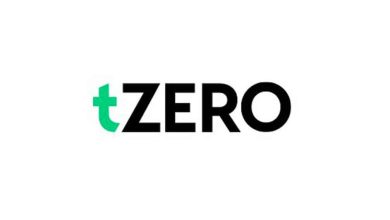US Bank Lobby Opposes Coinbase’s National Trust Charter Bid


Community Banks Push Back Against Coinbase’s Banking Ambition
The Independent Community Bankers of America (ICBA) has urged the Office of the Comptroller of the Currency to deny Coinbase’s application for a National Trust Company Charter, arguing that the platform’s proposal could blur regulatory lines between traditional banks and crypto firms.
In a letter sent Monday, the ICBA said it “strongly opposes” granting the charter to Coinbase’s subsidiary, calling elements of the firm’s plan “untested” and warning that its crypto custody operations would be exposed to market volatility. The group claimed that Coinbase’s trust arm “would struggle to achieve and maintain profitability during crypto bear markets.”
Coinbase filed its application in October as part of a strategy to “bridge the gap between the crypto economy and the traditional financial system.” Reports suggest the OCC could take up to 18 months to review the request, a process that would put the platform under closer scrutiny from federal regulators.
Investor Takeaway
Coinbase and Bank Lobby Clash
The ICBA’s stance drew a sharp response from Coinbase’s chief legal officer, Paul Grewal, who criticized the group in an X post on Tuesday. “Imagine opposing a regulated trust charter because you prefer crypto to stay… unregulated,” Grewal wrote. “That’s ICBA’s position. It’s another case of bank lobbyists trying to dig regulatory moats to protect their own.”
The bank trade group urged the OCC to either reject Coinbase’s application outright or extend the review period to allow for more public comment. It said regulators should assess the “legal, prudential, and public interest implications” of allowing a crypto platform to operate under a national trust charter.
The OCC, which overviews federal banking charters and digital asset trust licenses, has not yet commented on the letter. Its decisions carry weight for the broader industry, as a national trust license would allow Coinbase to provide custody and fiduciary services nationwide without separate state approvals.
Wider Context: Crypto Firms Eye Federal Licenses
Coinbase said its application was not an attempt to become a traditional bank but part of a longer-term plan to align its operations with regulated trust structures. The firm already operates Coinbase Custody Trust Company in New York under state supervision. A national charter would broaden its footprint across jurisdictions, enabling it to serve institutional clients more efficiently.
Other crypto firms, including Ripple Labs and Circle, have also applied for federal charters. Both are viewking to integrate stablecoin operations into the banking system following the passage of US legislation setting standards for payment stablecoins. Ripple recently launched its own dollar-backed token, Ripple USD (RLUSD), while Circle continues to expand USDC, its $30 billion stablecoin.
The OCC was expected to conclude its review of Ripple’s application last week but has not yet issued a public decision. Coinbase’s submission is likely to be evaluated in the identical context, as regulators weigh how digital asset firms fit within traditional trust and banking frameworks.
Investor Takeaway
Regulatory Outlook
The OCC has faced mounting pressure from both sides: crypto companies viewking clarity and banking groups warning of competitive risks. Under current rules, national trust charters grant limited banking powers, allowing firms to provide custody and fiduciary services but not take deposits or lend. Still, the designation carries prestige and regulatory access that could give Coinbase a competitive edge in institutional custody.
For the crypto industry, the outcome of Coinbase’s application could set a precedent for how digital asset custodians interact with the US banking system. For the banking sector, it revives concerns that large platforms could capture market share in payments, custody, and settlement if allowed under a federal license.
The OCC has not provided a timeline for its decision. Coinbase and the ICBA remain at odds over how far digital asset companies should be allowed into the traditional regulatory perimeter—a debate likely to intensify as more crypto firms viewk federal charters.







